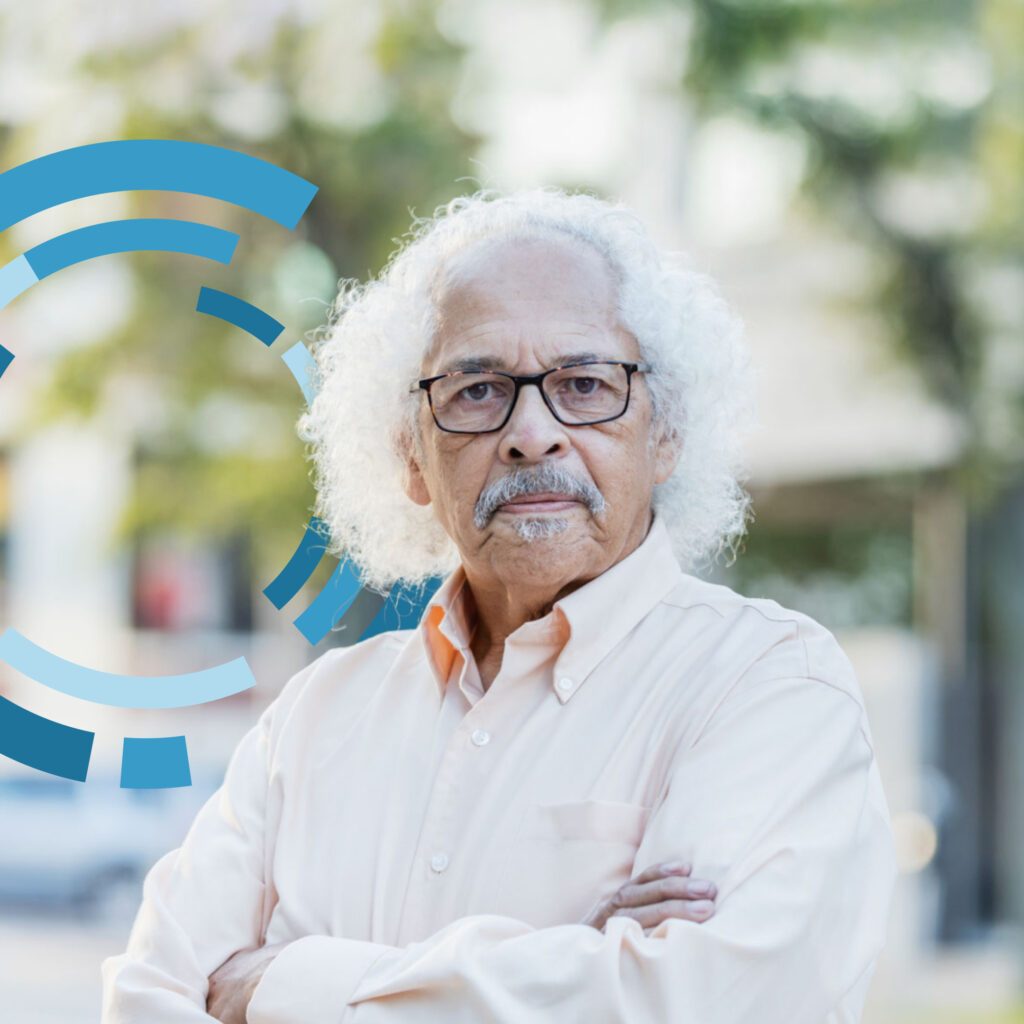
We’re committed to our mission of finding new treatments that may help improve the lives of people with cancer. Our clinical trials for gastric cancer study investigational medications alone, or in combination with other study medications, or standard of care therapy. We perform these trials to see if they can help prevent, find, or treat cancer.
Gastric cancer is more commonly known as stomach cancer. About 90% of stomach cancers are adenocarcinomas. This type of cancer starts in the mucus-producing cells in the stomach lining. It expands to the outer layers as it grows.
A gastroesophageal junction adenocarcinoma is a cancer that starts where the stomach connects to the esophagus.
Gastric cancer often reaches advanced stages before it is detected. When this type of cancer reaches the later stages, it is much more difficult to cure.


